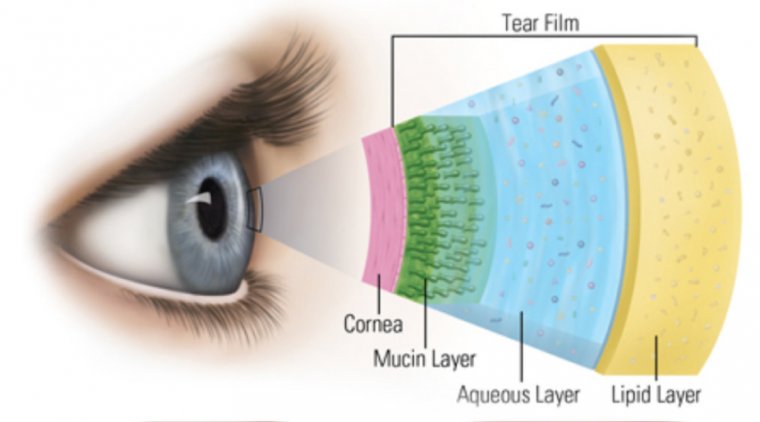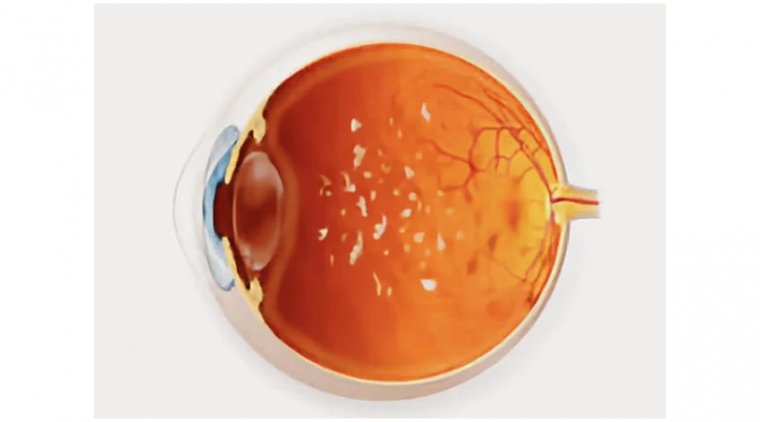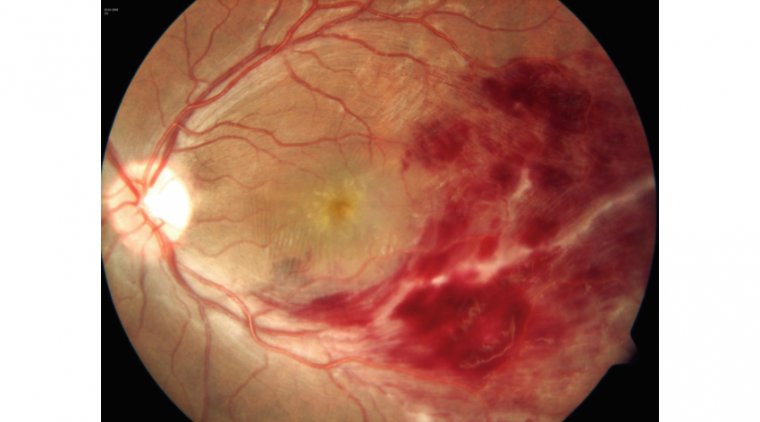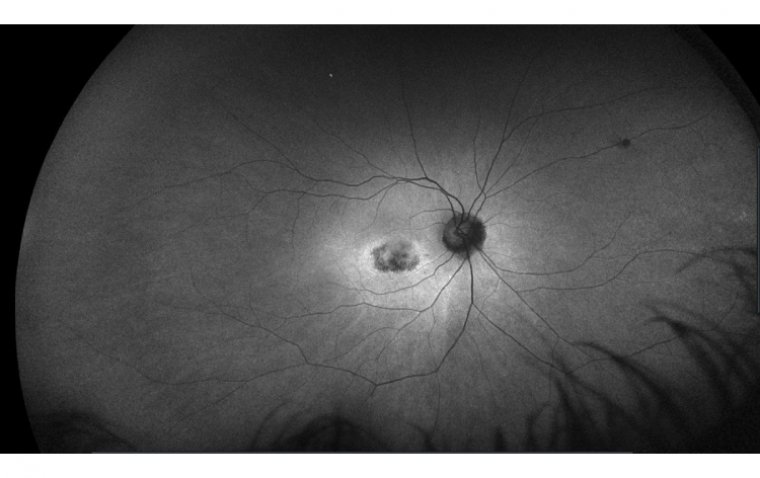
Scleritis: A Rare But Blinding Eye Disease
What Is Scleritis?
Scleritis is a rare and potentially serious inflammatory eye condition that affects the sclera, the white part of the eye. It is usually accompanied by severe eye pain and can cause vision loss if left untreated.
There are two main types of scleritis: anterior scleritis and posterior scleritis. Anterior scleritis affects the front part of the sclera and is the more common type. Posterior scleritis affects the back part of the sclera and is less common.
What Causes Scleritis?
Scleritis is typically related to an autoimmune disorder, in which the body's immune system mistakenly attacks healthy tissue. Scleritis may also be a complication of certain infections, such as herpes or tuberculosis, or may be associated with underlying conditions such as rheumatoid arthritis or lupus.
Can Scleritis Be Caused By Stress?
Yes, stress can potentially cause scleritis. Stress can weaken the immune system and make a person more susceptible to developing autoimmune conditions such as scleritis.
Signs That You Might Have Scleritis
The main symptom of scleritis is severe eye pain that may be constant or intermittent. Other symptoms may include:
● Redness of the eye
● Tearing
● Swelling of the eye
● Light sensitivity
● Blurred or decreased vision
Scleritis vs. Episcleritis
Scleritis and episcleritis are both inflammatory eye conditions that affect the sclera, the white outer covering of the eye. Despite their similar-sounding names, they are distinct conditions with different characteristics and implications. Episcleritis is a milder and more common condition, usually causing localized redness and mild discomfort. It affects the episclera, which is a thin layer between the sclera and the conjunctiva. Episcleritis typically resolves on its own or with minimal treatment.
On the other hand, scleritis is a more severe and potentially sight-threatening condition. It involves inflammation of the deeper layers of the sclera and can lead to severe eye pain, sensitivity to light, and even vision loss. Scleritis often requires prompt and aggressive treatment to prevent complications. Distinguishing between these two conditions is crucial, and an eye care professional's evaluation is essential for accurate diagnosis and appropriate management. If experiencing persistent eye redness, pain, or changes in vision, seeking immediate medical attention is advised to ensure proper diagnosis and treatment.
What Are Treatment Options for Scleritis?
Treatment options for orbital lymphoma vary depending on the stage and type of cancer, as well as the overall health of the patient. Here is the list of treatment options:
Chemotherapy: This is a type of cancer treatment that uses drugs to kill cancer cells. Chemotherapy may be used alone or in combination with other treatments.
Radiotherapy: This is a type of cancer treatment that uses high-energy beams, such as X-rays, to kill cancer cells. Radiotherapy may be used alone or in combination with other treatments.
Immunotherapy: This is a type of cancer treatment that helps the immune system fight cancer cells. It may be used alone or in combination with other treatments.
Surgery: In some cases, surgery may be used to remove the cancerous tissue. This may be done through traditional surgery or through a procedure called stereotactic radiosurgery, which uses precise doses of radiation to target the cancer cells.
Clinical trials: Clinical trials are research studies that test new treatments or combinations of treatments. Patients with orbital lymphoma may be eligible to participate in a clinical trial to access new and potentially more effective treatments.
Can Scleritis Resolve Itself?
While some cases of scleritis may resolve on their own, it is important to seek treatment as soon as possible to prevent potential complications, such as vision loss.
(1).jpg)










